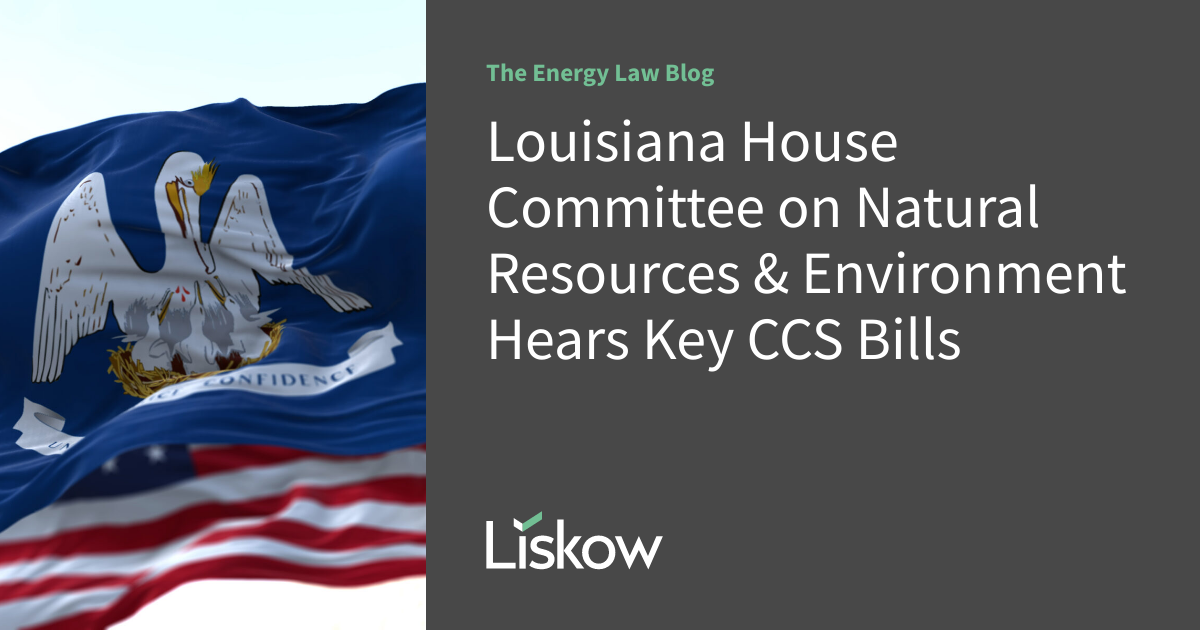Carbon Capture Showdown: Louisiana Lawmakers Dive Deep into Climate Tech Legislation

In a marathon legislative session that stretched from dawn to late evening, the Louisiana House Committee on Natural Resources & Environment dove deep into the world of carbon capture and storage (CCS) on Tuesday, April 29. The committee convened at 9 a.m. and powered through an intensive day, pausing only briefly for a midday floor session before resuming their deliberations.
The hearing, which ultimately concluded at 10 p.m., was a testament to the committee's dedication, featuring a comprehensive review of 10 carbon capture and storage bills. Lawmakers demonstrated remarkable endurance as they meticulously examined each proposed legislation, highlighting the critical importance of environmental and energy policy in Louisiana's legislative agenda.
This marathon session underscored the state's growing focus on innovative carbon management technologies and the potential environmental and economic implications of carbon capture strategies.
